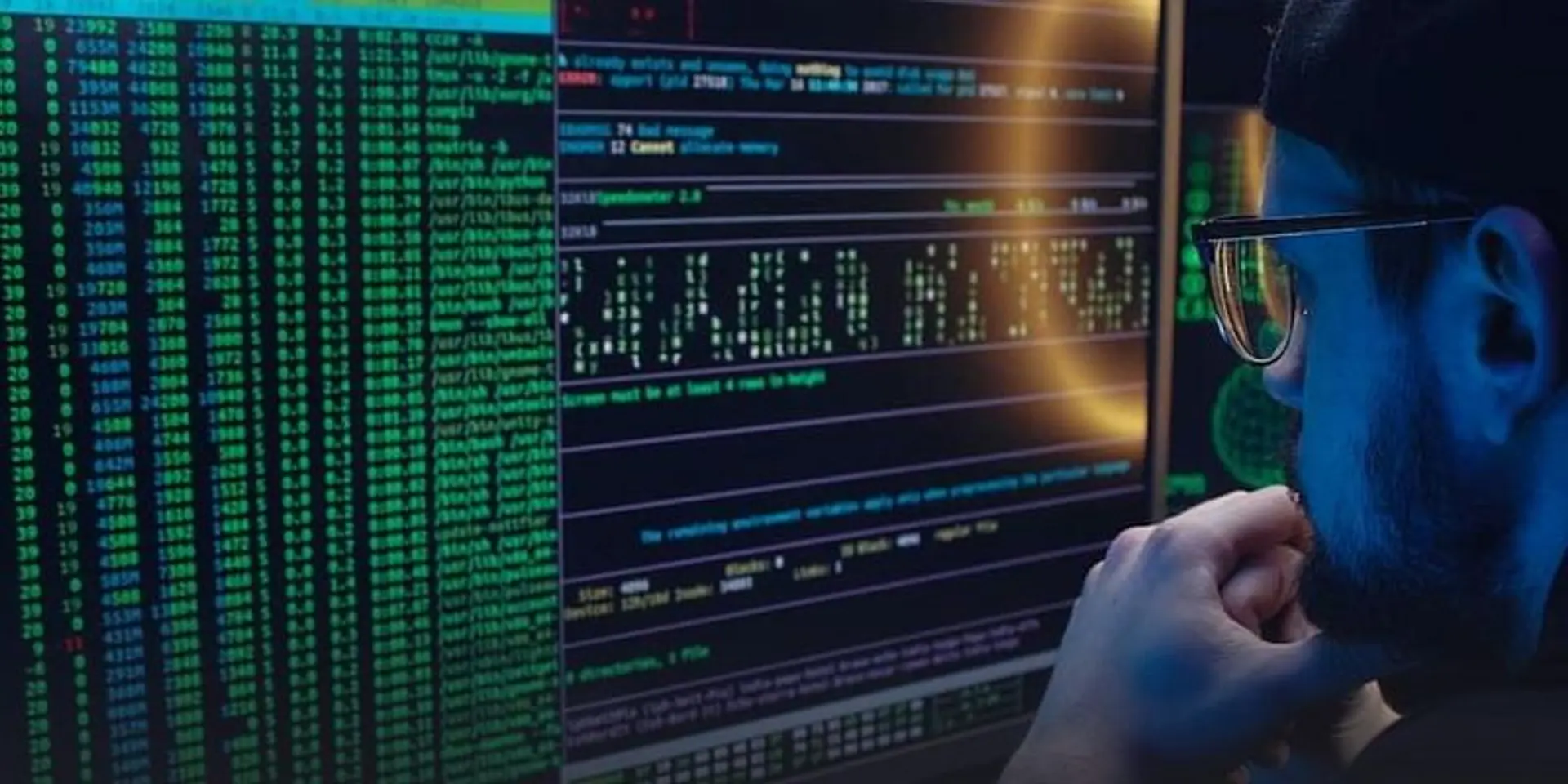Can AI code better than humans and replace developers?
Explore the evolving landscape of AI-powered web development, from speeding up coding processes to grappling with challenges in creativity and bug fixes.
The recent introduction of Devin, the world's first fully autonomous AI software engineer by Cognition, has set new benchmarks in the AI-driven development landscape. Devin has demonstrated an unparalleled ability to write code, create websites, and perform software engineering tasks with just a single prompt, significantly outperforming previous models on the SWE-Bench coding benchmark.
The adoption of Artificial Intelligence (AI) in programming and software development has marked a transformative period, streamlining development processes and altering the workflow of developers. Sophisticated AI tools like GitHub Copilot, OpenAI's ChatGPT, and its advanced iterations such as Codex and GPT-4, has ignited debates on the role of AI in programming. These discussions cover the spectrum of AI's potential to enhance coding efficiency, its current limitations, and the envisioned future where AI aids in the coding process, offering both support and challenges to developers in the field.
Speeding Up Coding Processes
AI-powered programming tools, like GitHub Copilot, have made strides in automating and speeding up the coding process. These tools can automate repetitive tasks, generate code snippets, suggest function implementations, or complete code blocks, leveraging machine learning algorithms trained on vast code repositories. This assistance enables developers to write code more efficiently and focus on more complex aspects of development that require human ingenuity.

Moreover, AI algorithms can analyse extensive data sets, offering developers valuable insights and helping in decision-making processes. This capability is particularly useful in web development for improving website design, optimising user experience, or enhancing overall performance.
Limitations of AI in Web Development
Despite AI's promising contributions to web development, several limitations exist. AI-generated information can sometimes be inaccurate, a phenomenon known as "hallucinations" by ChatGPT’s creators, which requires developers to perform additional quality checks. AI tools also struggle with creativity and innovation, often recycling existing patterns and structures without generating truly original solutions.
Complex problem-solving and bug fixes pose another challenge for AI. Due to the nuanced understanding required, AI tools often fall short in diagnosing and fixing complex bugs that arise from various factors such as conflicting code interactions or server configurations.
Client communication and understanding, essential for successful project completion, remain predominantly human tasks. AI tools find it challenging to interpret vague or ambiguous requests, necessitating human intervention for clarification and execution.
Privacy and ethical considerations also arise with AI's use in development, particularly regarding the protection of intellectual property and ensuring data privacy when using AI tools in sectors dealing with sensitive information.
The Future of AI and Coding
Looking ahead, AI is set to continue shaping the future of coding and development in a collaborative manner with human programmers. The focus is shifting towards employing AI to enhance productivity and unlock new possibilities while addressing its limitations through more specialised, smaller models that offer safer and more tailored solutions for coding tasks.
As AI tools become more integrated into software development processes, there's a growing emphasis on balancing automation with the invaluable creativity, problem-solving abilities, and ethical considerations that human developers bring to the table.
In conclusion, AI's impact on coding and development is profound, offering significant efficiencies and new capabilities. However, the future of this integration relies on addressing AI's current limitations and ensuring that AI tools augment rather than replace the unique skills of human developers.



